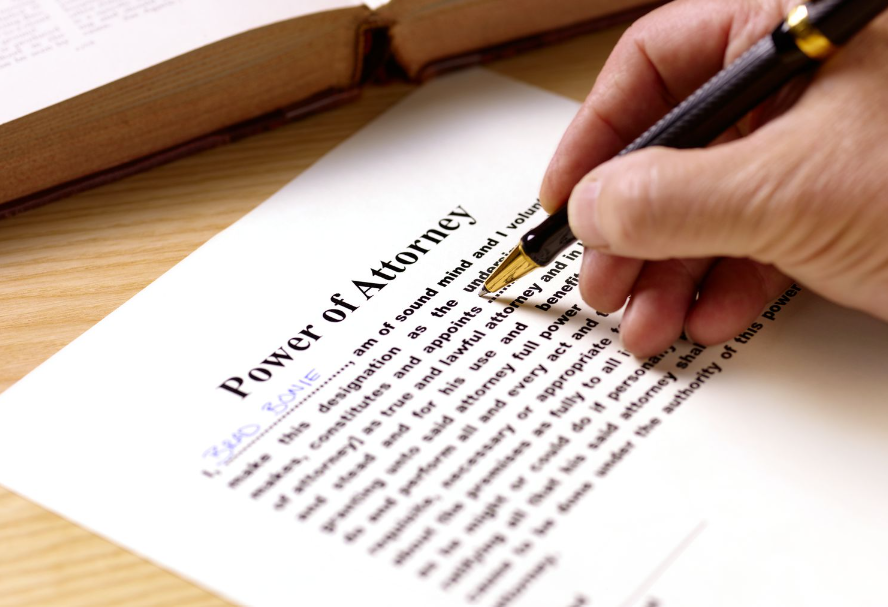Navigating the transition into taking over your parents’ financial affairs due to aging or illness can be challenging. If your parents are still mentally sharp and capable of making informed decisions, establishing a Power of Attorney (POA) is a practical step. For those already incapacitated, legal guardianship or conservatorship may be necessary. Here’s a comprehensive guide to understanding and obtaining a Power of Attorney for your parents.
Power of Attorney is a legal document that grants one person—the agent or attorney-in-fact—the authority to make decisions on behalf of another—the principal. This authority can cover various aspects of the principal’s life, such as financial decisions, medical care, or property management.
How Power of Attorney Works
The process begins with determining the need for a POA, which is often used in situations where the principal is unable to manage their affairs due to health reasons, absence due to travel, or other circumstances. Legal advice is crucial as POA laws vary by state. Discussions between the principal, potential agent, and a lawyer will help clarify the extent of power to be granted.
The POA document, once drafted, must be signed and notarized as required by state law, becoming effective immediately unless specified otherwise.
Types of Power of Attorney
- General Power of Attorney: Grants broad powers across various aspects of the principal’s life.
- Limited Power of Attorney: Allows the agent to act in specific matters or for a limited time.
- Durable Power of Attorney: Remains in effect even if the principal becomes mentally incapacitated.
- Springing Power of Attorney: Becomes effective under predefined circumstances, typically the principal’s incapacitation.
Setting Up a POA for Elderly Parents in Good Health
- Discussion: Talk openly with your parents about the benefits and implications of setting up a POA. Address their concerns and agree on the scope and terms of the legal document.
- Consult a Lawyer: Engage a lawyer who specializes in elder law to ensure the POA adheres to state regulations and reflects your specific needs.
- Draft the Document: Have your lawyer prepare the POA document, clearly outlining the powers granted and any conditions attached.
- Sign and Notarize: Execute the document according to state laws, which may require witnesses or a notary.
Addressing Incapacitation: Guardianship or Conservatorship
If your parent is already incapacitated, a POA is not viable because they must be capable of understanding and agreeing to the document at the time of signing. In such cases, you may need to petition for guardianship or conservatorship through the courts, which involves proving the incapacity and obtaining legal authority to manage their affairs.
Why Establish a POA Early
Proactively setting up a durable POA can prevent the complexities and emotional strain of a guardianship proceeding if your parent later becomes incapacitated. It ensures that financial and health care decisions can be made without court intervention.
Conclusion
Power of Attorney is a powerful tool in managing your parents’ affairs as they age. It requires careful consideration and legal guidance to ensure it aligns with both the legal standards and your family’s needs. Starting the conversation early and involving a qualified attorney can make this transition as smooth as possible, safeguarding your parents’ welfare and your peace of mind. If later financial needs arise, such as funding for care or other expenses, remember that selling a life insurance policy through a life settlement could provide the necessary funds, offering an alternative to more drastic financial measures.



